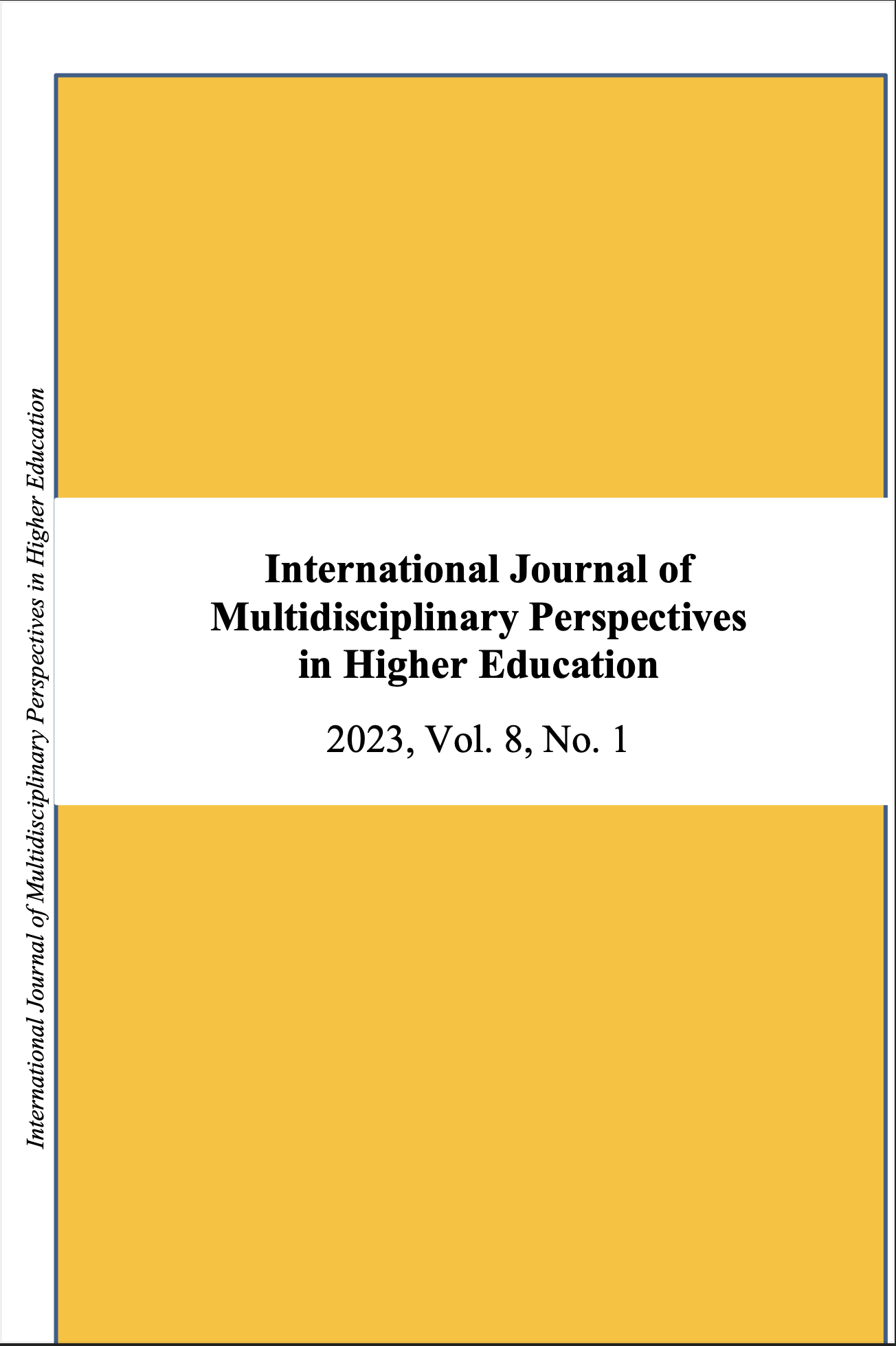Dialogical, online teaching and learning platforms in Higher Education: Socially just and decolonized
DOI:
https://doi.org/10.32674/jimphe.v8i1.4995Keywords:
inclusive pedagogies, Faculty of Theology and Religion (UFS), higher education system, teaching and learning, decolonial space, social justice, deliberative theoryAbstract
This article addresses whether dialogical, online teaching and learning platforms in higher education can be framed as socially just and decolonized pedagogies at the University of the Free State’s Faculty of Theology and Religion, in South Africa. It is suggested that inclusive pedagogies like dialogue and care on online teaching and learning platforms such as Blackboard, if effectively used by lecturers, can contribute to students from diverse backgrounds feeling acknowledged and recognized as humans in general but Africans in particular. It is therefore the argument of this paper that these kinds of socially just and decolonized pedagogies ought to be particularly true in a post-colonial South African higher education system, where historically only certain individuals had input in the curriculum and the dialogical relationships of student and lecturer when it came to teaching and learning. In order for this to happen, this article has determined that lecturers/teachers ought to manage diversity and teach effectively in order to foster success in a decolonial classroom environment that is safe and friendly, with a curriculum where previously disadvantaged students can deliver dialogical input. In doing so, by implication, students grow wholly and communally as Africans, but are also provided the opportunity to critically interact with lecturers in their online higher education learning process.






